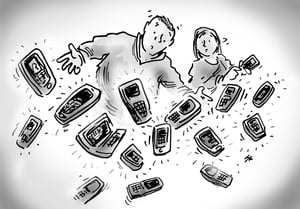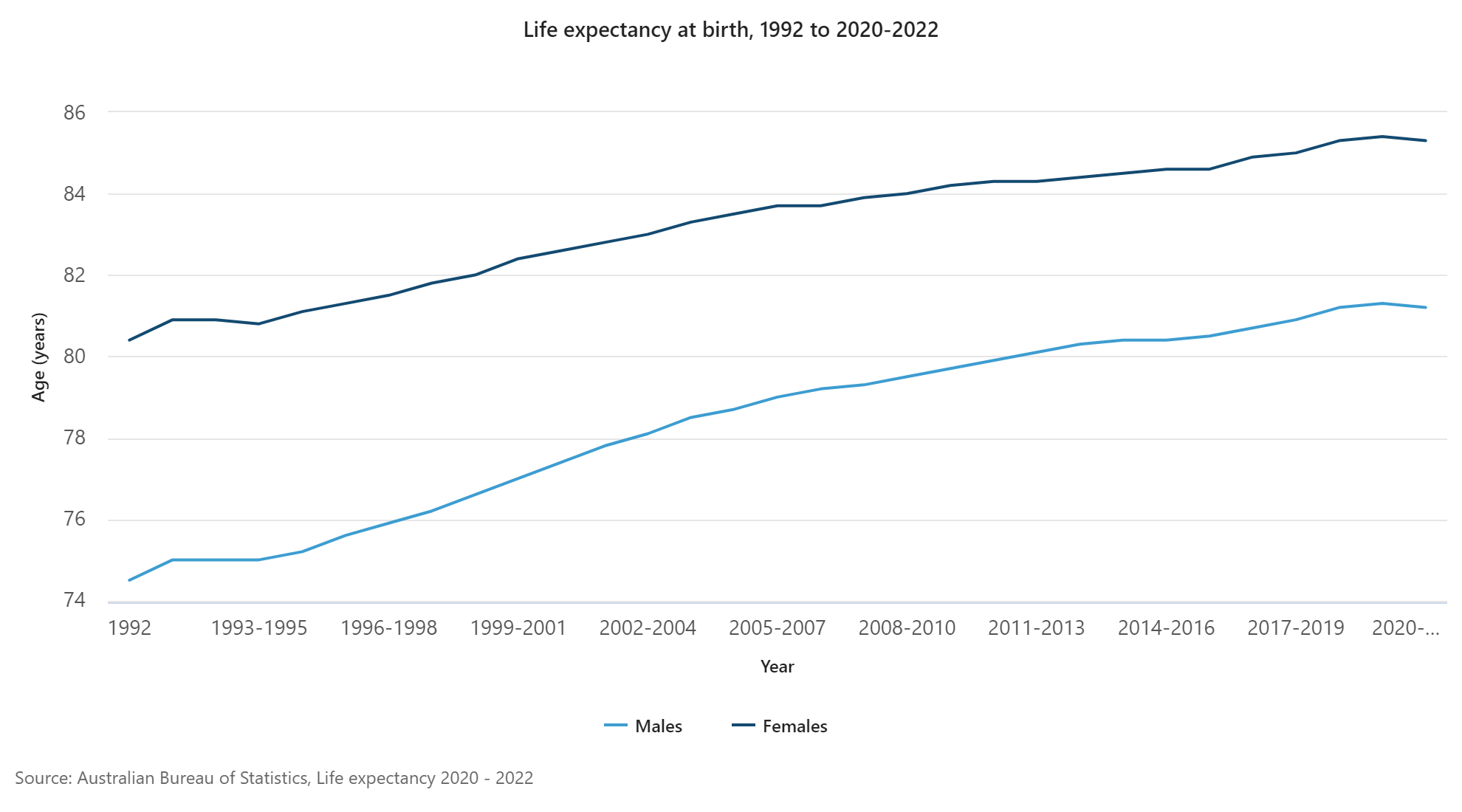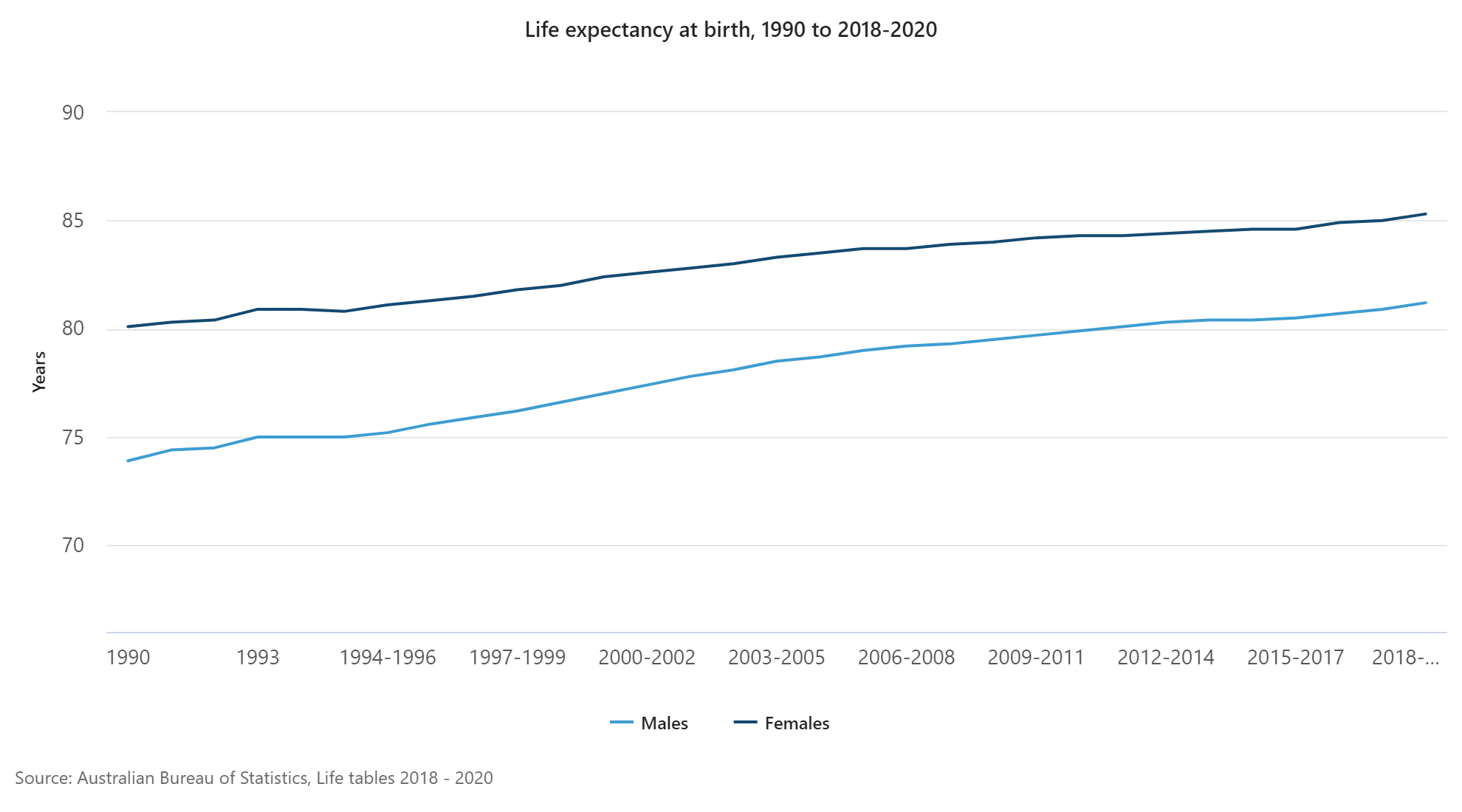How would you feel if you lost your car keys? Or your laptop? Pretty bad, right? But I bet you’d feel more uncomfortable if you lost your mobile phone. You’d feel suddenly disconnected from the world, unsure if someone is trying to contact you. You’d feel anxious because you can’t keep in touch, you can’t stay updated on world (or local) events, and you can’t check your Facebook.

There’s even a term for this – Cellparation anxiety – (from the U.S., of course, where mobile phones are called cell phones)
Here’s a definition from the urban dictionary:
“Like separation anxiety except with your cell or blackberry. The lump in your stomach and anxiety that overcomes you when you lose, forget or damage your cell and it does not work. I got on the flight to Vegas and realized I had left my cell phone in the car and cellparation anxiety overcame me. Sadler’s battery had only one bar left and he began to feel cellparation anxiety.”
Australia now has more mobile phones than population – at last count, we have more than 24 million mobile phone services registered, and 22.6 million people. And that’s not including the nearly 5 million mobile internet devices (dongles, USB devices etc). However, even with over 100% penetration rate, we fall far behind Russia, which boasts more than 1.5 mobile phones for every resident.
The modern “smart phone”, with abilities to not only act as a phone but store music, applications and more, was originally predicted in an interview in the New York Times, an extract of which appears below:
“It will soon be possible, for instance, for a business man in New York To dictate instructions and have them appear instantly in type in London or elsewhere. It will only be necessary to carry an inexpensive instrument not bigger than a watch, which will enable its bearer to hear anywhere on sea or land for distances of thousands of miles. One may listen or transmit speech or song to the uttermost parts of the world.”
Who do you think made this statement, and when? The statement was made in a New York Times interview with Nikola Tesla, in 1909. Alexander Graham Bell had only invented the regular telephone about 30 years before this, and the first actual mobile phone (a car phone based on radio technology) wouldn’t be available until the 1940’s. The convergence of technology in the modern smart phone is interesting, because as applications and functionality grows, the form factor (size) is becoming compromised. For example, if the device were JUST a phone, it could be small, conveniently fitting in any pocket. (like the 2G phones of 10 years ago) But now, with 3G functionality, smart phones are being used to surf the web, play video content and run games and apps, so screen sizes are on the increase, to allow for a better viewing experience. So, as new applications are developed and technology convergence continues, mobile phones are likely to grow into “mini tablets”.
Finally – on the topic of mobile phones – this is a complete aside, but interesting. There’s a video on you tube that shows a woman back in 1928 seemingly talking on a mobile phone (click here to view clip). Some people have commented that the woman is holding a hearing aid. If so – why is she talking? There’s no-one else in earshot. But it can’t actually be a mobile phone, as they weren’t invented then, and in any case – where would you get a signal from? But it’s interesting to look and see if you can work out what it is.
If you have an idea, please send us your comments!












